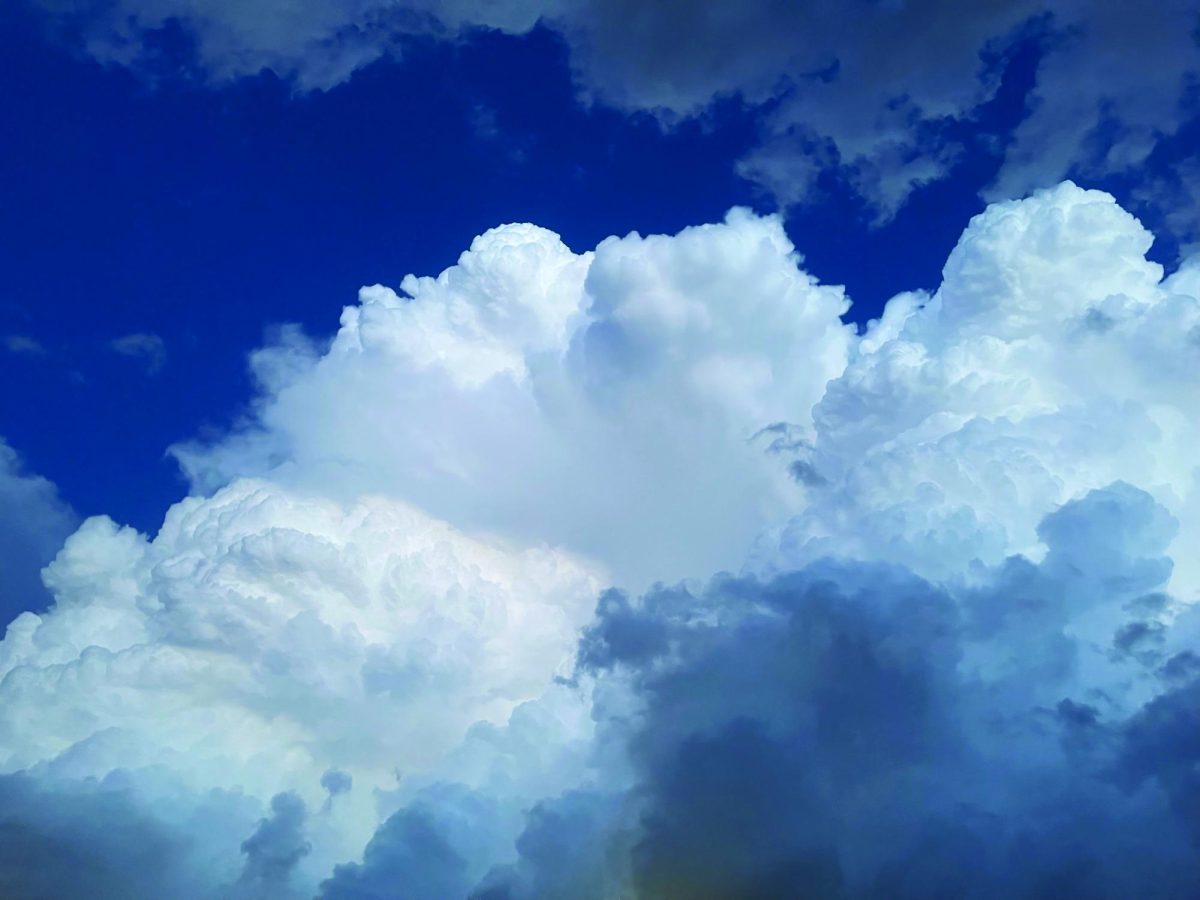To most people, checking the weather is simply a piece of their morning routine. 55% humidity doesn’t really mean much to a lot of us. But for science teacher Dalton Watts, meteorology is a subject he is passionate about teaching.
“I think in every science, having a basic understanding is important, but I think [meteorology is] more relevant — it’s more applicable,” he said. “I can look up the weather on my phone in the morning and I can actually read some of the weather reports and understand what they’re talking about with high- and low-pressure systems and cold fronts coming in. If I hear there’s a cold front, that I can expect a certain kind of weather.”
Watts originally started at BV teaching Earth-Space Science and AP Physics.
“When I came here, Mrs. Koch and I switched,” he said. “She took the Earth-Space classes, and I took astronomy and meteorology, so it kind of landed in my lap.”
Thankfully for Watts, he had also studied a lot of astronomy and meteorology in college.
“When I first started, my dream was to teach Physics and Astronomy, and that was always my thing in college, too — I wanted to focus my Earth-Science-based courses on astronomy, but [Emporia State] had way more meteorology classes than astronomy classes,” he said. “I ended up really liking the content and the teacher, and I ended up taking almost all of my Earth-Science classes as meteorology classes.”
Watts found that meteorology was just as enjoyable and important as astronomy and physics.
“[I like] understanding how the world works around us and how weather works and humanity and all those things,” he said. “That’s probably my favorite part — it’s just so relevant.”
Meteorology can be very confusing to those who have never dove into the topic, but Watts finds that it is more useful than most of people realize.
“There’s a lot of things you kind of take for granted that I didn’t realize I didn’t know before I took classes,” he said. “Meteorology is very practical. I mean, we deal with weather every day of our lives.”




